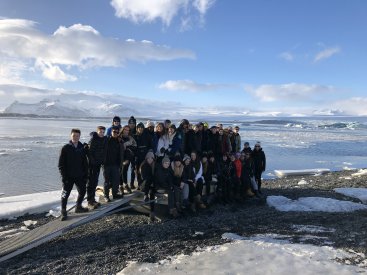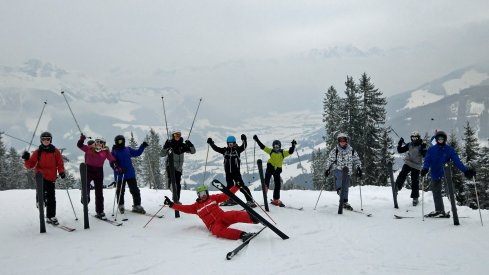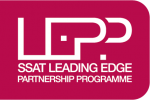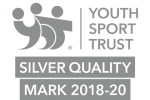Year 8
In year 8 pupils will study a further 3 different themes, 1 each term, that will have practical and exam skills embedded with them.
4. Changes
Changes are happening all around you, all of the time! Themes you will cover in this unit are:
- Where do I come from? Why are organisms different?
- Changes over time What changes happen over a long-period of time?
- Evaluating change Is change always useful?
5. Racing!
Whether it's the rat race, an F1 race or an apple decomposing - everything changes at its own pace. Find out why and how we can speed up or slow down.
- Human responses - how do humans respond to different situations & how can we change our responses?
- Designing a winner - can you design the speediest motor on the track? What will it take?
- Racing reactions - we can speed up & slow down chemical reactions, find out how & why we do this
6. Scientific theories & discoveries
You have learnt throughout Year 7 and 8 how to be a good scientist. Find out how theories are formed and why some are accepted more quickly than others. Who do you think has made the greatest contributions to our scientific understanding of the world and can you come up with your own hypothesis to test?
How many hours will students study science?
At Key Stage 3 students have six hours over the two week timetable which then alters at Key Stage 4 dependent on their choice of Science during options selection.
How are students assessed?
Teachers will be constantly monitoring and giving feedback to students, on a lesson by lesson basis. Students will complete three test based cumulative assessments during the year. Assessment at Key Stage Four (GCSE) is now becoming more examination based as we move forward so we are now beginning to re-establish that with Key Stage Three students. Teachers will also be asked to formally mark 3 practical skills each term whether that be a pupils’ ability to construct a method or evaluate an experiment. Alongside this they will formally mark 3 long answer questions that develop pupils exam vocabulary where they have to discuss or compare and contrast key science content.
How will the data from assessments be used by the school?
Teachers will use the data from all assessments and their own personal knowledge of each student to inform what support needs to be put in place to ensure every student achieves their full potential. We also use this information to reward pupils for consistently high levels of effort and academic success.
Where can I find extra support online to help improve my grade in this course?
During this academic we will be further expanding our KS3 Virtual Learning Environment which can be found at:
https://sites.google.com/arden.solihull.sch.uk/scienceks3/home
BBC Bitesize:
http://www.bbc.co.uk/bitesize/ks3/science/
BBC Science and Nature:
Do you recommend any books for this course?
There are no essential books for Key Stage 3 Science and we would recommend any extra science based reading that students find interesting. Regular viewing of BBC science programs on television is also an excellent way of students seeing examples of work they have studied. If you do wish to purchase books to help your child improve their grades in Key Stage 3, the following text books and revision guides are recommended:
Hodder - Progress Science 1 Text Book
- ISBN-10: 147180142X
- ISBN-13: 978-1471801426
Hodder - Progress Science 2 Text Book
- ISBN-10: 1471801446
- ISBN-13: 978-1471801440
Letts - Subject Dictionaries: Title: Science Dictionary Age 11-14 ISBN: 184085457X
What do students do next with this course?
All students will move on to studying fundamental concepts of Biology, Chemistry and Physics that are needed for the GCSE course. During the course of year 9 pupils will be given the opportunity, with guidance from their teachers, to then either follow the combined trilogy GCSE course where they will get 2 GCSE’s or the separate science GCSE course where they will get 3 GCSE’s in year 10 and 11.
















